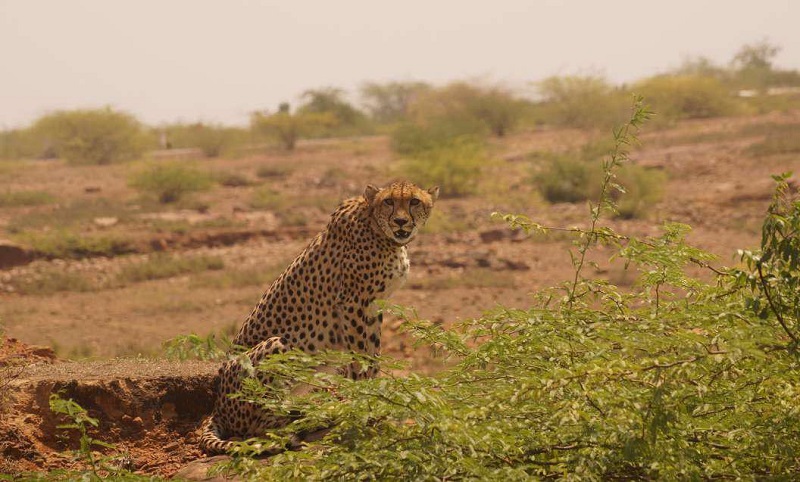
On International Cheetah Day, two male cheetahs, Agni and Vayu, were reintroduced into the wild at Kuno National Park in Sheopur district, Madhya Pradesh. The release, conducted in the Palpur East region across the Kuno River, marked a crucial advancement in India’s initiative to restore cheetahs, a species that has been extinct in the country for almost 70 years. This project aims to enrich the region’s biodiversity by bringing back the world’s fastest land animal.
A steering committee, led by Chairman Rajesh Gopal, had reviewed the final arrangements during a visit to Kuno on December 3rd. They confirmed that all logistical, security, and safety measures were in place for a smooth release. After acclimatizing in large enclosures, Agni and Vayu are now set to thrive in the open forest, where they can roam freely, hunt, and showcase their exceptional speed and agility. Park officials will closely monitor their adaptation to ensure a successful transition.
In the coming months, additional cheetahs will gradually be introduced. Kuno National Park has been fortified to protect the animals from potential dangers, providing an ideal environment for their survival. This reintroduction also boosts eco-tourism, offering visitors a rare chance to witness these magnificent creatures up close in their natural habitat. Unlike previous controlled enclosures, the open forest setting promises a more engaging experience for wildlife enthusiasts.
Currently, Kuno National Park hosts 12 adult cheetahs and 12 cubs, totaling 24 cheetahs. This progress follows the translocation of cheetahs from Namibia and South Africa, with strong support from the Indian government and wildlife experts. The successful reintroduction signifies a hopeful step forward in restoring India’s ecological heritage.










